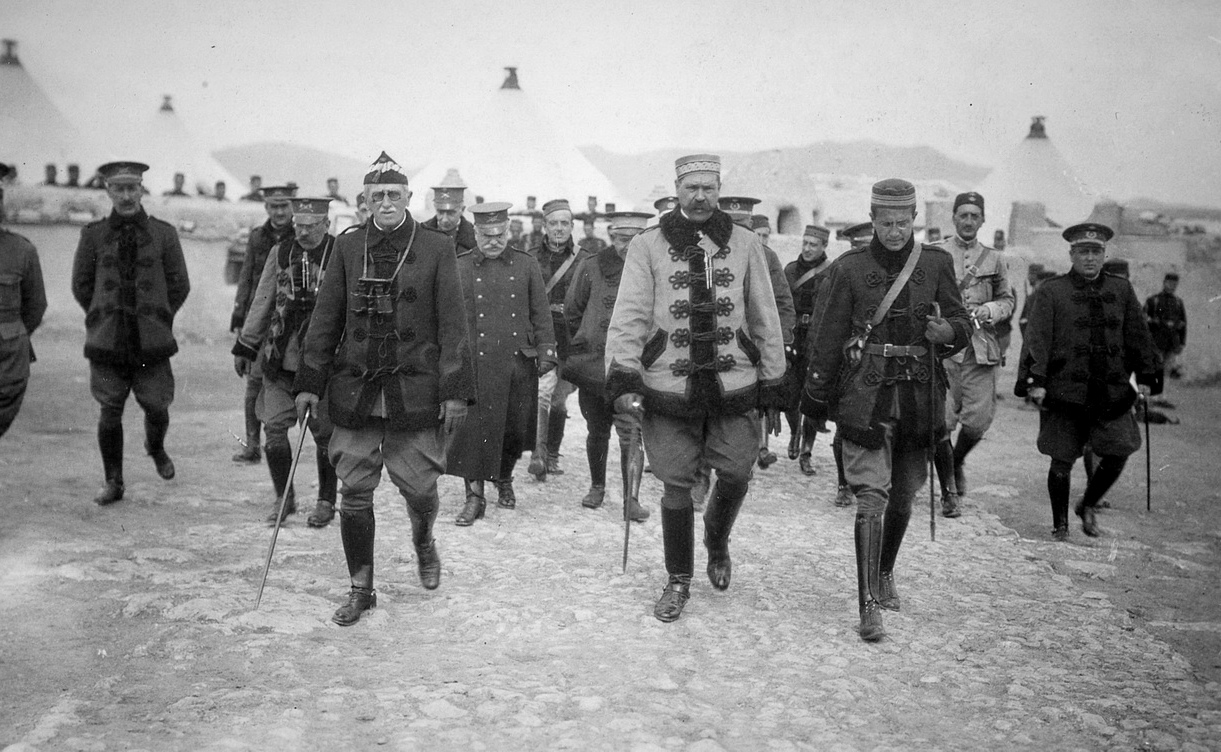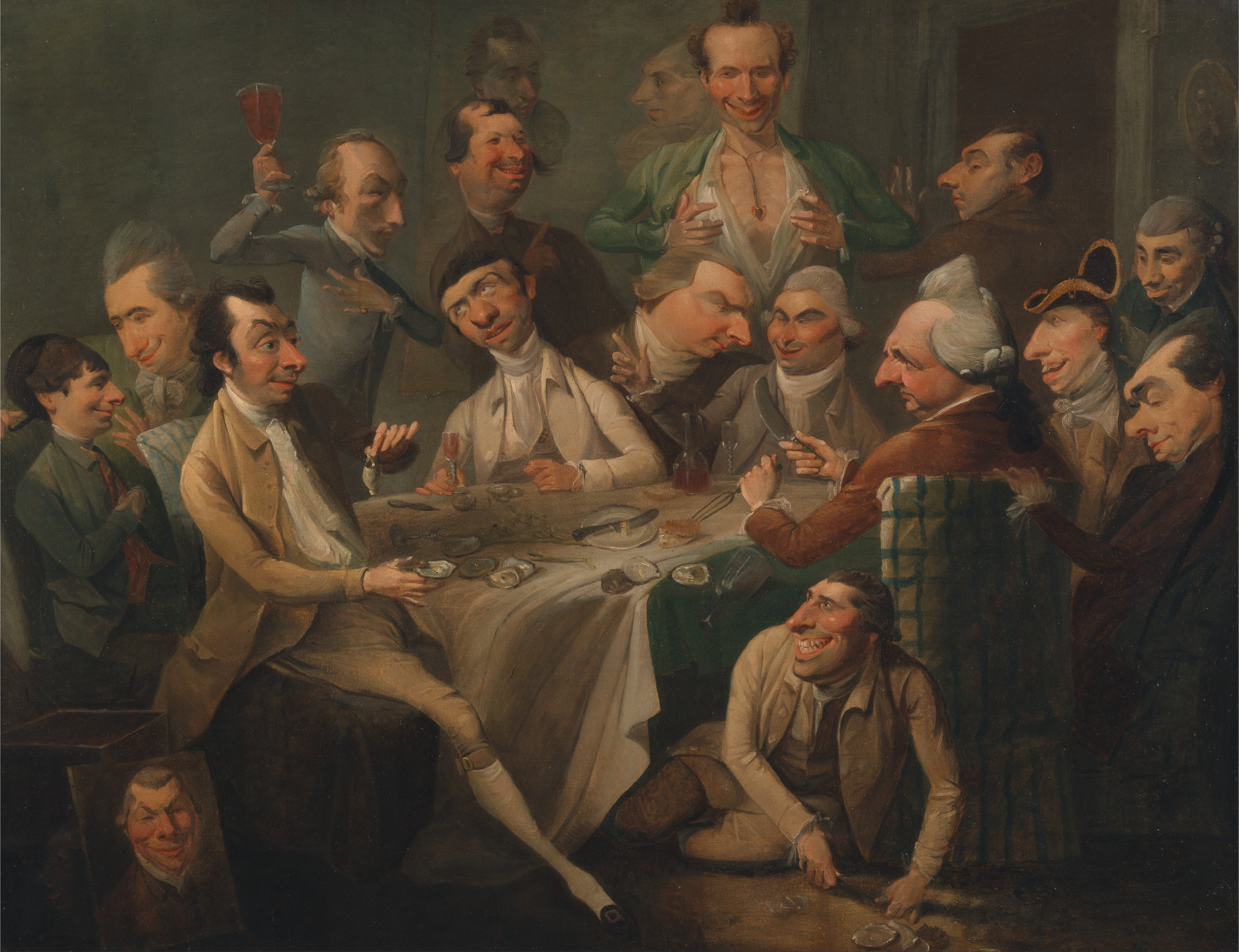|
La Libertad (Spain)
''La Libertad'' was a Spanish progressive newspaper, founded in 1919 by editors of ''El Liberal'' as a result of a newspaper strike. Throughout its existence it was configured as a left-wing republican publication. It disappeared in 1939, at the end of the Civil War. History In December 1919 an important number of editors and workers of the newspaper ''El Liberal'' went on strike, although they would end up abandoning this newspaper. In its place they founded a new publication, ''La Libertad'', which published its first issue on December 13, 1919. In its early years it maintained a position close to the politician Santiago de Alba and the Liberal Left group. After the establishment of Primo de Rivera's dictatorship, it was one of the newspapers that welcomed the new regime most negatively. In March 1925, the newspaper was acquired by the businessman and financier Juan March, who also took control of the evening newspaper '' Informaciones''.It was printed in the same buildin ... [...More Info...] [...Related Items...] OR: [Wikipedia] [Google] [Baidu] |
Daily Newspaper
A newspaper is a Periodical literature, periodical publication containing written News, information about current events and is often typed in black ink with a white or gray background. Newspapers can cover a wide variety of fields such as politics, business, sports, art, and science. They often include materials such as opinion columns, weather forecasts, reviews of local services, Obituary, obituaries, birth notices, crosswords, editorial cartoons, comic strips, and advice columns. Most newspapers are businesses, and they pay their expenses with a mixture of Subscription business model, subscription revenue, Newsagent's shop, newsstand sales, and advertising revenue. The journalism organizations that publish newspapers are themselves often Metonymy, metonymically called newspapers. Newspapers have traditionally been published Printing, in print (usually on cheap, low-grade paper called newsprint). However, today most newspapers are also Electronic publishing, published on webs ... [...More Info...] [...Related Items...] OR: [Wikipedia] [Google] [Baidu] |
First Biennium
The First Biennium, also known as the Social-Azañist Biennium, the Reformist Biennium, or the Transformer Biennium, was the period between the proclamation of the Second Spanish Republic on April 14, 1931, and the 1933 Spanish general election. Constituent Period (April–December 1931) The Provisional Government of the Second Spanish Republic lasted from the Proclamation of the Republic until the formation of the first permanent government on December 15, six days after the ratification of the 1931 Spanish Constitution. Up until October 15, 1931, the Provisional Government was presided by Niceto Alcalá-Zamora, who resigned after his strong opposition to the Article 26 of the Constitution, which addressed the "religious question", Manuel Azaña followed him. The Social-Azañist Biennium (December 1931 – September 1933) On December 15, 1931, Azaña introduced his second government, made up entirely of leftist republicans from Republican Action, the Radical Socialist Republi ... [...More Info...] [...Related Items...] OR: [Wikipedia] [Google] [Baidu] |
Alfonso Sánchez García
Alphons (Latinized ''Alphonsus'', ''Adelphonsus'', or ''Adefonsus'') is a male given name recorded from the 8th century (Alfonso I of Asturias, r. 739–757) in the Christian successor states of the Visigothic Kingdom in the Iberian Peninsula. In the later medieval period it became a standard name in the Hispanic and Portuguese royal families. It is derived from a Gothic name, or a conflation of several Gothic names; from ''*Aþalfuns'', composed of the elements ''aþal'' "noble" and ''funs'' "eager, brave, ready", and perhaps influenced by names such as ''*Alafuns'', ''*Adefuns'' and ''* Hildefuns''. It is recorded as ''Adefonsus'' in the 9th and 10th century, and as ''Adelfonsus'', ''Adelphonsus'' in the 10th to 11th. The reduced form ''Alfonso'' is recorded in the late 9th century, and the Portuguese form ''Afonso'' from the early 11th and ''Anfós'' in Catalan from the 12th century until the 15th. Variants of the name include: ''Alonso'' (Spanish), ''Alfonso'' (Spanish an ... [...More Info...] [...Related Items...] OR: [Wikipedia] [Google] [Baidu] |
Luis De Oteyza
Luis is a given name. It is the Spanish form of the originally Germanic name or . Other Iberian Romance languages have comparable forms: (with an accent mark on the i) in Portuguese and Galician, in Aragonese and Catalan, while is archaic in Portugal, but common in Brazil. Origins The Germanic name (and its variants) is usually said to be composed of the words for "fame" () and "warrior" () and hence may be translated to ''famous warrior'' or "famous in battle". According to Dutch onomatologists however, it is more likely that the first stem was , meaning fame, which would give the meaning 'warrior for the gods' (or: 'warrior who captured stability') for the full name.J. van der Schaar, ''Woordenboek van voornamen'' (Prisma Voornamenboek), 4e druk 1990; see also thLodewijs in the Dutch given names database Modern forms of the name are the German name Ludwig and the Dutch form Lodewijk. and the other Iberian forms more closely resemble the French name Louis, a derivati ... [...More Info...] [...Related Items...] OR: [Wikipedia] [Google] [Baidu] |
Rif War
The Rif War (, , ) was an armed conflict fought from 1921 to 1926 between Spain (joined by France in 1924) and the Berber tribes of the mountainous Rif region of northern Morocco. Led by Abd el-Krim, the Riffians at first inflicted several defeats on the Spanish forces by using guerrilla tactics and with the help of captured European weapons. After France's military intervention against Abd el-Krim's forces and the major landing of Spanish troops at Al Hoceima, considered the first amphibious landing in history to involve the use of tanks and aircraft, Abd el-Krim surrendered to the French and was taken into exile. In July 1909, Spanish workers constructing a rail-bridge providing access to iron mines near Melilla were attacked by Riffian tribesmen. This incident led to the summoning of reinforcements from Spain itself. A series of skirmishes over the following weeks cost the Spanish over a thousand casualties. By September, the Spanish Army had 40,000 troops in northern ... [...More Info...] [...Related Items...] OR: [Wikipedia] [Google] [Baidu] |
Ricardo Marín Llovet
Ricardo is the Spanish and Portuguese cognate of the name Richard. It derived from Proto-Germanic ''*rīks'' 'king, ruler' + ''*harduz'' 'hard, brave'. It may be a given name, or a surname. People Given name *Ricardo de Araújo Pereira (born 1974), Portuguese comedian *Ricardo Arjona (born 1964), Guatemalan singer *Ricardo Arona (born 1978), Brazilian mixed martial artist *Ricardo Ávila (born 1997), Panamanian footballer *Ricardo Bierhals (born 1990), Brazilian footballer *Ricardo Bralo (1916–?), Argentine long-distance runner *Ricardo Bombine Pimentel (born 1978), Brazilian musician *Ricardo Bueno Fernández (1940-2015), Spanish politician *Ricardo Busquets (born 1974), Puerto Rican swimmer *Ricardo Cardeno (born 1971), Colombian triathlete *Ricardo Carvalho (born 1978), Portuguese footballer *Ricardo Cortez (1900-1977), American actor *Ricardo Darín (born 1957), Argentine actor *Ricardo da Silva (born 1980), Cape Verdean-Portuguese footballer *Ricardo Esgaio, Portuguese fo ... [...More Info...] [...Related Items...] OR: [Wikipedia] [Google] [Baidu] |
Caricature
A caricature is a rendered image showing the features of its subject in a simplified or exaggerated way through sketching, pencil strokes, or other artistic drawings (compare to: cartoon). Caricatures can be either insulting or complimentary, and can serve a political purpose, be drawn solely for entertainment, or for a combination of both. Caricatures of politicians are commonly used in newspapers and news magazines as political cartoons, while caricatures of movie stars are often found in entertainment magazines. In literature, a ''caricature'' is a distorted representation of a person in a way that exaggeration, exaggerates some characteristics and oversimplifies others. Etymology The term is derived for the Italian ''caricare''—to charge or load. An early definition occurs in the English doctor Thomas Browne's ''Christian Morals'', published posthumously in 1716. with the footnote: Thus, the word "caricature" essentially means a "loaded portrait". In 18th-centu ... [...More Info...] [...Related Items...] OR: [Wikipedia] [Google] [Baidu] |
Francisco Rivero Gil
Francisco is the Spanish and Portuguese form of the masculine given name ''Franciscus''. Meaning of the name Francisco In Spanish, people with the name Francisco are sometimes nicknamed "Paco (name), Paco". Francis of Assisi, San Francisco de Asís was known as ''Pater Communitatis'' (father of the community) when he founded the Franciscan order, and "Paco" is a short form of ''Pater Communitatis''. In areas of Spain where Basque language, Basque is spoken, "Patxi" is the most common nickname; in the Catalan language, Catalan areas, "Cesc" (short for Francesc) is often used. In Spanish Latin America and in the Philippines, people with the name Francisco are frequently called "Pancho". "Kiko (given name), Kiko"and "Cisco" is also used as a nickname, and "Chicho" is another possibility. In Portuguese, people named Francisco are commonly nicknamed "Chico (other), Chico" (''shíco''). People with the given name * Pope Francis (1936-2025) is rendered in the Spanish, Portu ... [...More Info...] [...Related Items...] OR: [Wikipedia] [Google] [Baidu] |
Carlos Sáenz De Tejada
Carlos may refer to: Places ;Canada * Carlos, Alberta, a locality ;United States * Carlos, Indiana, an unincorporated community * Carlos, Maryland, a place in Allegany County * Carlos, Minnesota, a small city * Carlos, West Virginia ;Elsewhere * Carlos (crater), Montes Apenninus, LQ12, Moon; a lunar crater near Mons Hadley People * Carlos (given name), including a list of name holders * Carlos (surname), including a list of name holders Sportspeople * Carlos (Timorese footballer) (Carlos Mateus Ximenes, born 1986) * Carlos (footballer, born 1995) (Carlos Alberto Carvalho da Silva Júnior), Brazilian footballer * Carlos (footballer, born 1985) (Carlos Santos de Jesus), Brazilian footballer Others * Carlos (Calusa) (died 1567), king or paramount chief of the Calusa people of Southwest Florida * Carlos (singer) (1943—2008), French entertainer * Carlos the Jackal, a Venezuelan terrorist Arts and entertainment * ''Carlos'' (miniseries), 2010 biopic about the terrorist Carlos t ... [...More Info...] [...Related Items...] OR: [Wikipedia] [Google] [Baidu] |
Feuilleton
A ''feuilleton'' (; a diminutive of , the leaf of a book) was originally a kind of supplement attached to the political portion of French newspapers, consisting chiefly of non-political news and gossip, literature and art criticism, a chronicle of the latest fashions, and epigrams, literary charade, charades and other literary trifles. The term ''feuilleton'' was invented by the editors of the French '' Journal des débats''; Julien Louis Geoffroy and Bertin the Elder, in 1800. The ''feuilleton'' has been described as a "talk of the town", and a contemporary English-language example of the form is the "Talk of the Town" section of ''The New Yorker''. In English newspapers, the term instead came to refer to an installment of a serial story printed in one part of a newspaper. History The ''feuilleton'' was the literary consequence of the Coup of 18 Brumaire (Dix-huit-Brumaire). A consular edict of January 17, 1800, made a clean sweep of the revolutionary press, and cut down ... [...More Info...] [...Related Items...] OR: [Wikipedia] [Google] [Baidu] |
Andalusian Mail Train Robbery
The Andalusian mail train robbery, also known as the crime on the Andalusian express, consisted of a robbery and murder that took place on 11 April 1924 on board the train leaving Madrid at twenty past eight o'clock in the evening. There were two victims in total, 30-year-old Ángel Ors Pérez and 45-year-old Santos Lozano León, both of whom were traveling post officers. The murders were carried out by means of a firearm and blows dealt with ticket punch pliers. The case ended when Antonio Teruel, one of the perpetrators, committed suicide by a shot to the head before being arrested, and with José María Sánchez Navarrete, Francisco de Dios Piqueras, and Honorio Sánchez Molina executed by ''garrote vil'' on 9 May 1924. In addition, José Donday was sentenced to 20 years in prison. All of them had been found guilty of the crime. Background The train in question was carrying the wages from various chartered companies to their employees, as well as mail from all over Europe t ... [...More Info...] [...Related Items...] OR: [Wikipedia] [Google] [Baidu] |



